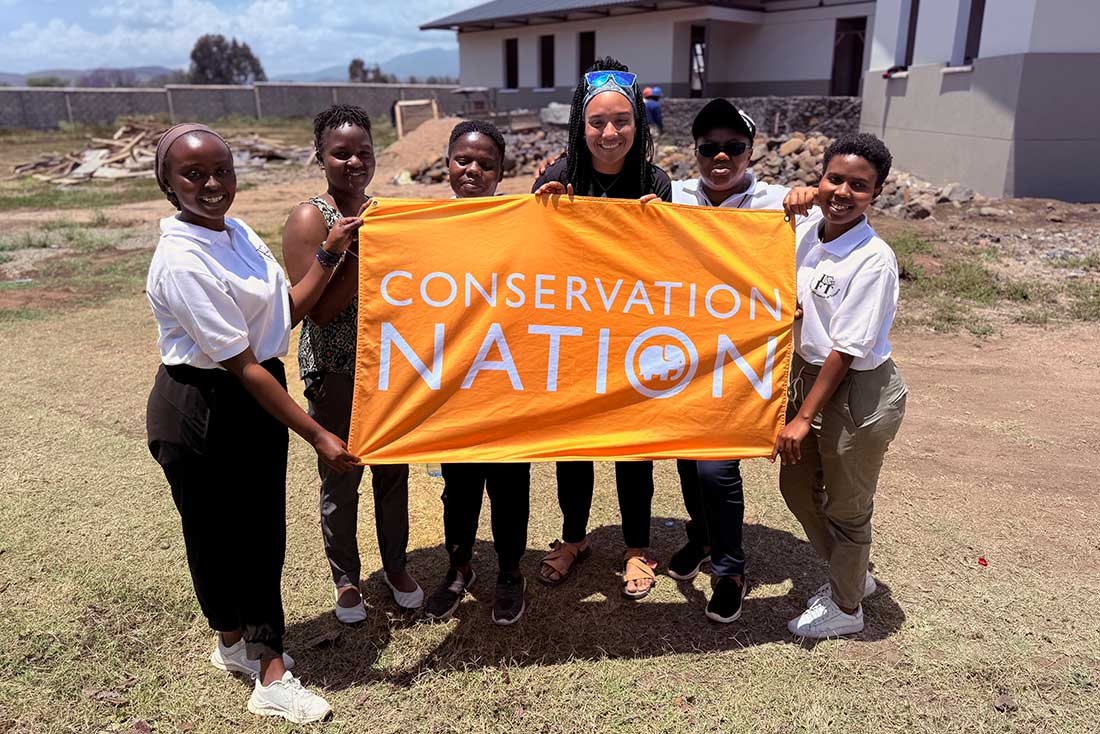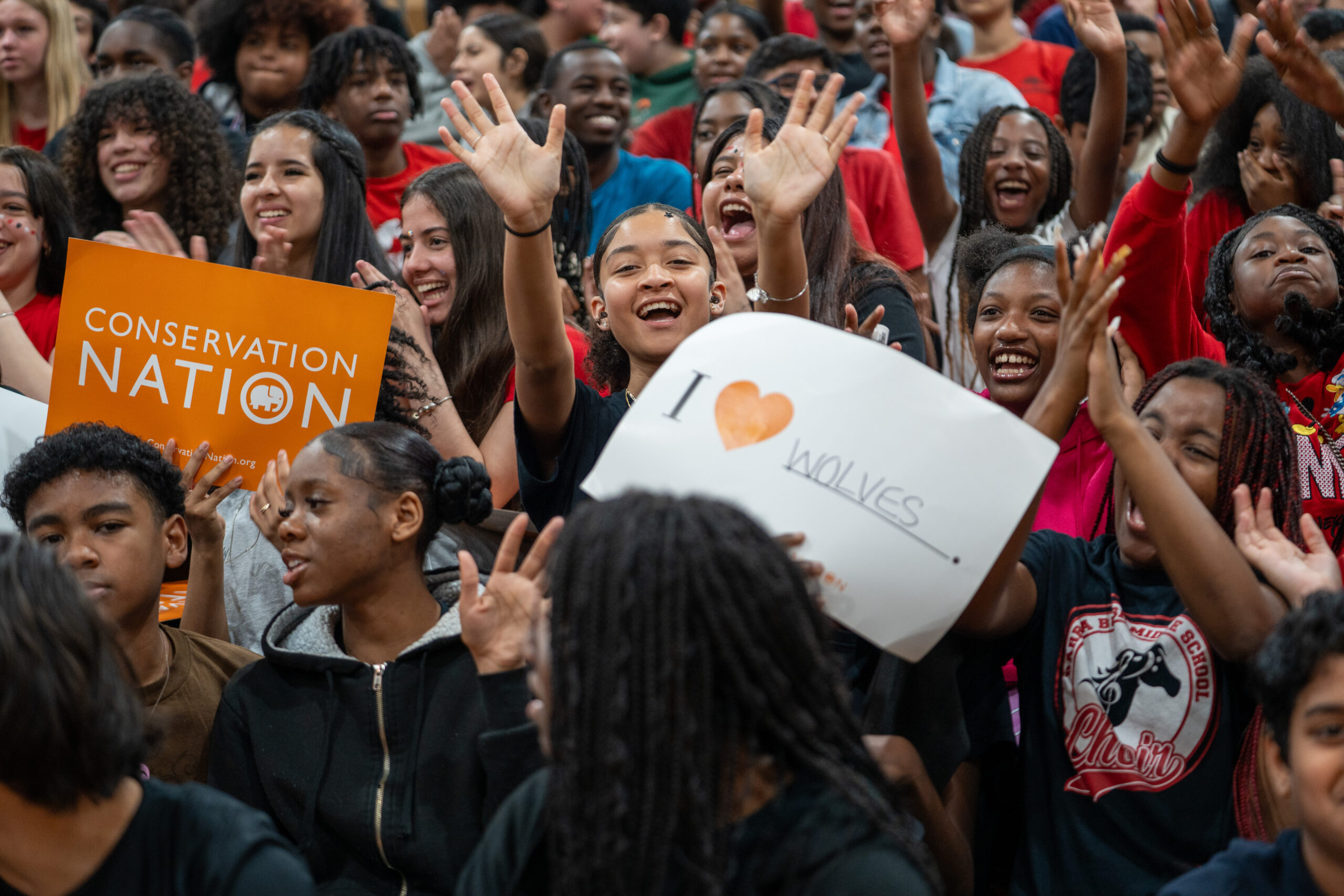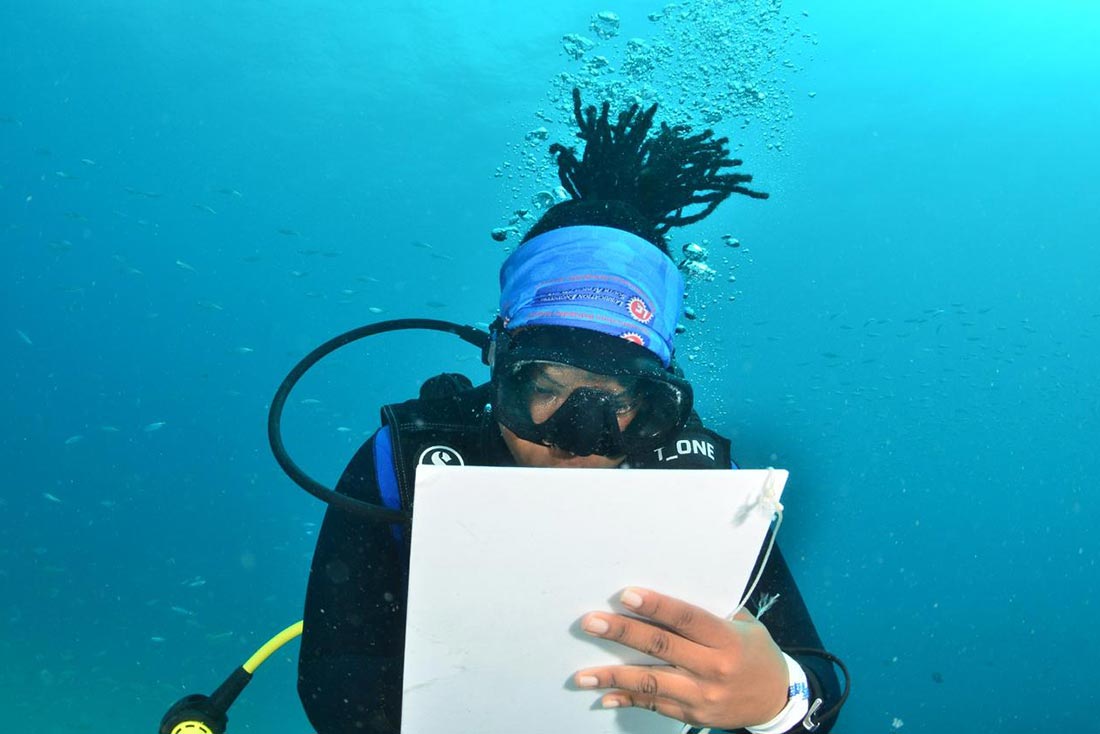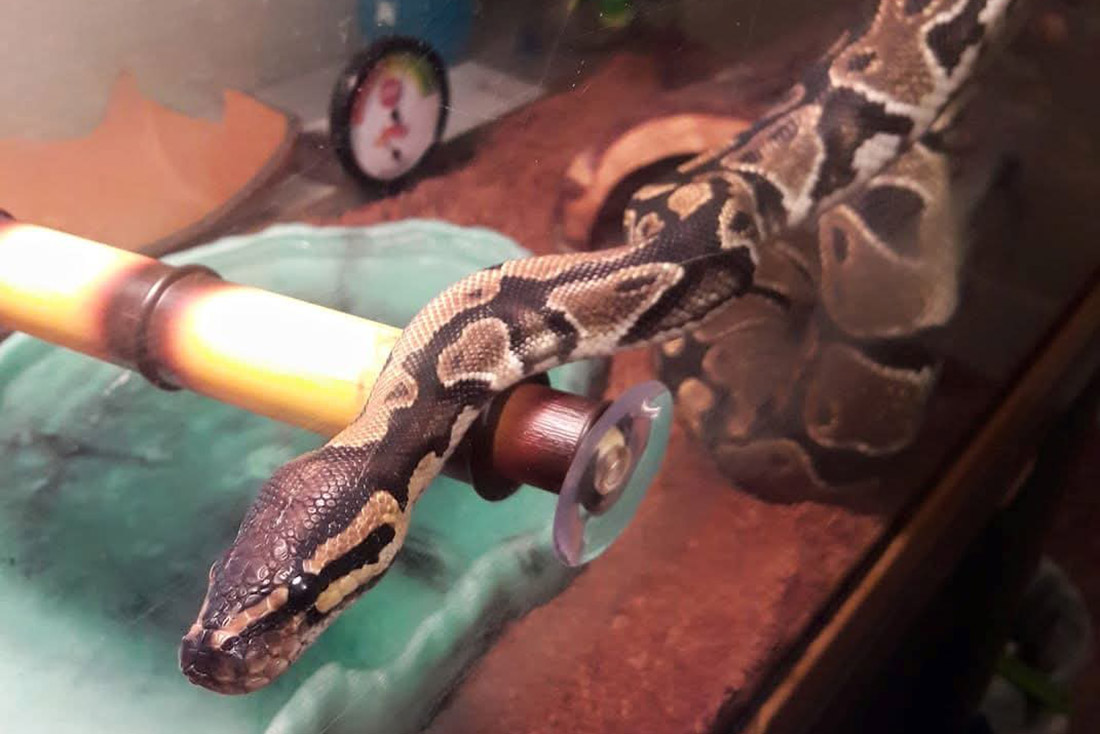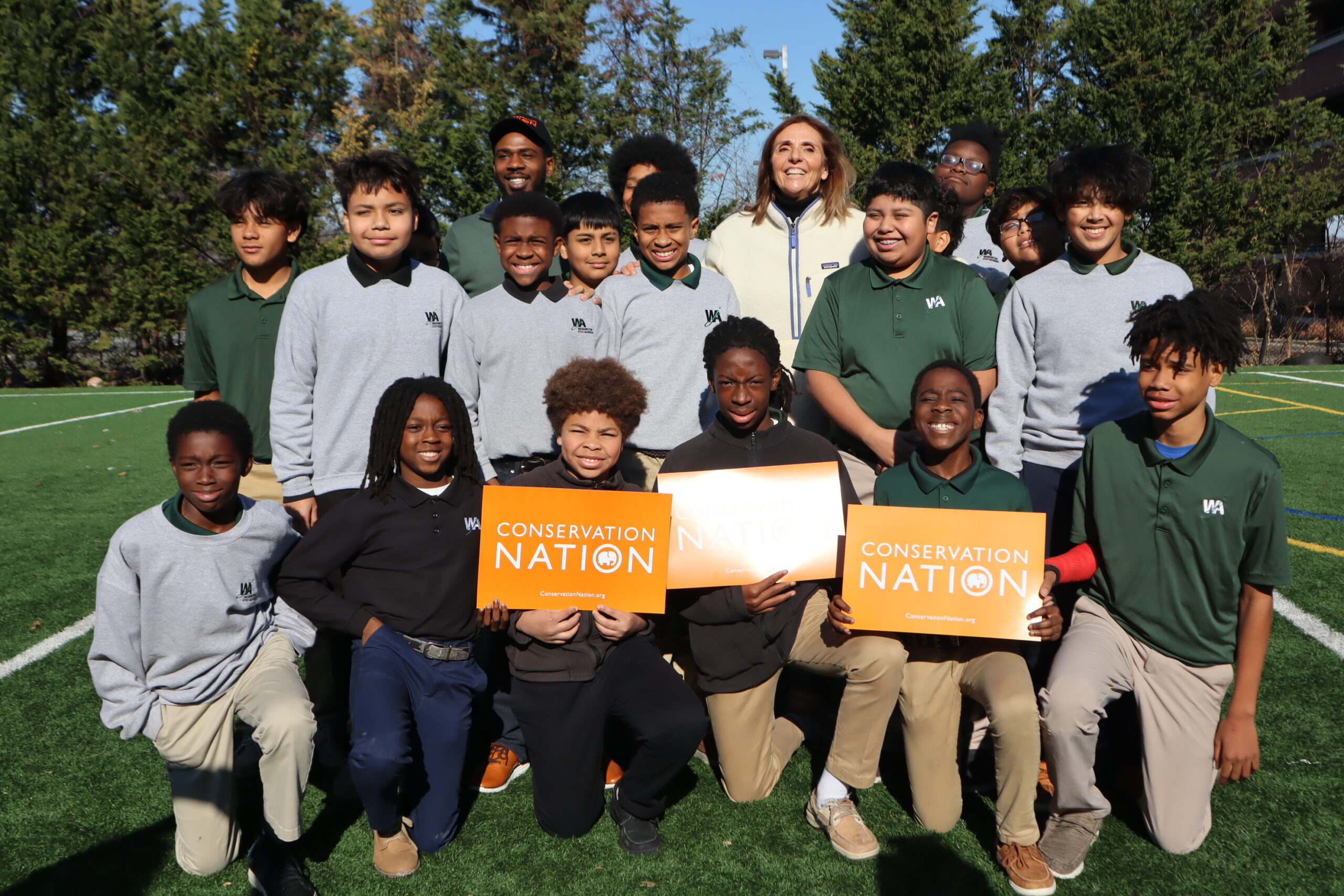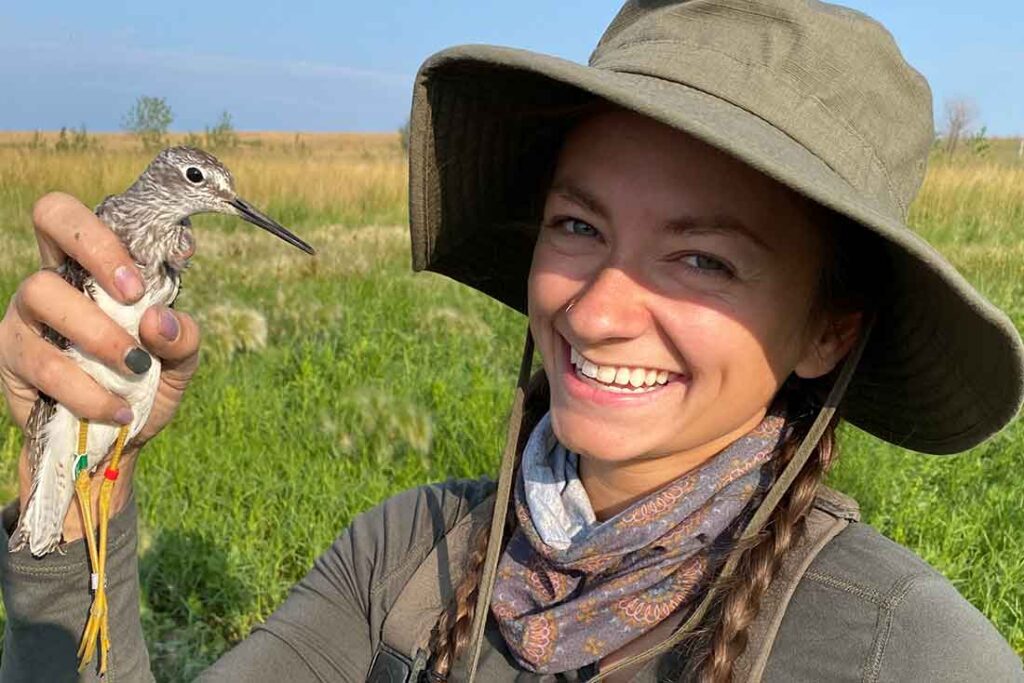Shelby McCahon is one of Conservation Nation’s 2024 conservationist grant recipients. She has a bachelor’s in wildlife biology and conservation from the University of Alaska Fairbanks and is working toward a master’s in natural resources at the University of Idaho. She plans to pursue a PhD in shorebird conservation to become a research biologist.
Shelby receives funding for her graduate research on agricultural threats to migratory shorebirds from the National Science Foundation Graduate Research Fellowship Program. She has led four field seasons, supervising a dozen technicians, banding hundreds of shorebirds, creating protocols, conducting habitat surveys, and networking with hundreds of landowners for land access. Shelby has received multiple honors for her efforts in conservation and leadership, including an Outstanding Graduate Student Award, an Alaskan Student Wildlife Conservation Award, an Outstanding Undergraduate Student Award, and a National Institutes of Health (NIH) Scholarship. With funding from her NIH award, she had the opportunity to present her research at conferences, publish two manuscripts as a first and co-author, produce wildlife management reports, mentor students, and lead the Alaska Student Chapter of The Wildlife Society. Shelby also worked as a wildlife technician for the Alaska Department of Fish and Game for several years, researching the survival of declining migratory shorebird species.
Creating Awareness of Agricultural Threats to Migratory Shorebirds
Shelby will use her grant funding to publish her master’s thesis and to attend the 2025 Joint Meeting of The Waterbird Society and the Pacific Seabird Conference in Costa Rica next January. Most of her funds will cover travel costs, attendance fees, and accommodations.
Shelby plans to share the results of her graduate research with international waterbird ecologists and ecotoxicologists at the conference. As agricultural threats are a hot-button topic in shorebird research, her project will fill a critical information gap by being the first to quantify neonicotinoid insecticide effects on migratory shorebirds. Discussing this information and forming connections with international experts could be essential for shorebird conservation and creating recovery plans for species of concern. Shelby’s future PhD advisor from the University of Washington will also be in attendance.
The conference will allow them to establish a rapport and discuss Shelby’s planned PhD research—a population demography project involving seabirds of conservation concern. If there is leftover grant funding afterward, Shelby will use it to pay for open access publishing costs of her master’s degree project. In doing so, the information will be more accessible to other researchers, potentially creating more opportunities for international collaboration.

